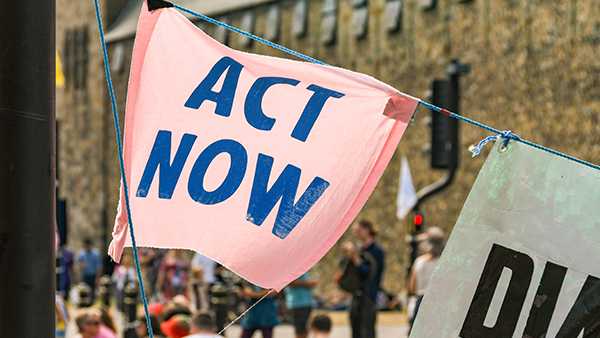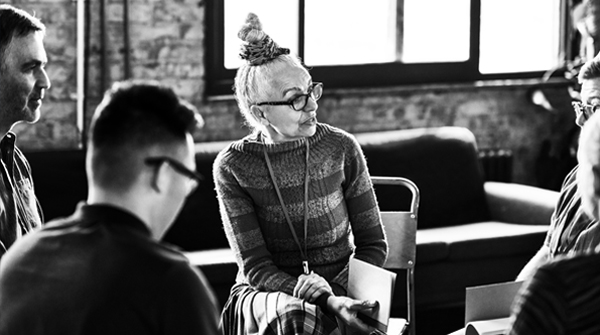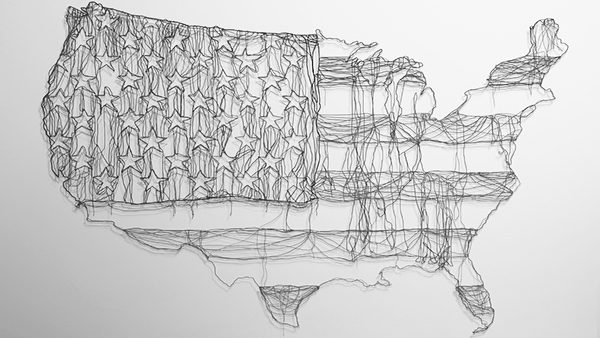A financial crash followed by a serious recession that leads to a crisis in public finances resulting in a cost-cutting coalition government that ultimately leaves everyone but the Conservative Party in the political wilderness. And all set in a context of geo-political uncertainty driven by civil strife and violence in parts of the world with huge military and economic importance. A pretty good description of the way things are going now but an equally good one for the early 1930s.
A financial crash followed by a serious recession that leads to a crisis in public finances resulting in a cost-cutting coalition government that ultimately leaves everyone but the Conservative Party in the political wilderness. And all set in a context of geo-political uncertainty driven by civil strife and violence in parts of the world with huge military and economic importance. A pretty good description of the way things are going now but an equally good one for the early 1930s.
There are, of course, distinctions. The genesis of the National Government coalition of 1931 was very different although it was also forged in the heat of a public finance crisis that split public opinion. Both Labour and Liberal parties were thrown into devastating division in 1931 whereas it is the Liberals taking the heat this time with Labour simply failing to have any major impact. And the civil strife in the thirties was centred on European countries torn apart by recession and irreconcilable disputes about political direction whereas today, of course, we see political and economic conflict shredding the Middle East.
There is maybe even a strong cultural similarity with the consumerist, hedonistic Roaring Twenties being suddenly ended by the 1929 Crash to be replaced by a far less carefree and serious-minded 1930s akin, maybe, to the end of the debt-ridden, acquisitive noughties in 2008 replaced by the far grumpier, anxious teens.
But the other emerging and striking similarity is the way the Conservative Party led by Stanley Baldwin ultimately came through the political crisis of 1931 to dominate the decade leaving the opposition parties split and demoralised. The results from the local and devolved elections and the AV referendum today look likely to leave Labour (secretly) crestfallen, the Lib Dems in turmoil and Cameron and the Tories the undisputed political shapers for some years to come. It took until Ramsay MacDonald's resignation and Baldwin's victory in the 1935 election to confirm the political fact back then, today it seems Cameron could have it all sown up much quicker especially if he finds a way to call an early election.
Maybe it's all coincidence but it seems to me we are only now beginning to experience the full political, international and cultural consequences of the 2008 Crash just as it took some years for the impact of 1929 to really filter through and shape the following decade. The existence of coalition government is admittedly just chance but the emergence of a more divisive, brittle politics both at home and abroad seems inevitable as the stakes and public anxieties rise in relation to cuts and wider economic insecurity. And as Andrew Gamble has pointed out, major crashes and recessions, with their inevitable impact on the public finances, often do play well for forces on the right with their greater scepticism towards the state.
None of this is the slightest bit comforting . The 1930s ended catastrophically badly of course. It raises interesting questions about how a nation should prepare itself for what might prove to be a very stormy and challenging decade economically and politically. Could it be, for example, that we may soon reach a type of ethical/cultural tipping point where we realise that the values that sustained us for the last and very different decade or more are no longer up to the job and new ideas and practices rush in to fill the vacuum? If that is true, what role might the RSA and its notion of 21st Century Enlightenment play with its emphasis on greater self-awareness, a collaborative spirit and empathy. What role for other civil society bodies and emerging online networks?
I'm hoping we can do something at the RSA to answer these questions over the next few months for if the 2010s really are like the 1930s, the stakes could not be higher.
Related articles
-
The public are ready to go further and faster on net zero
Anthony Painter
The public are ahead of policy-makers and, indeed, most of the business world. COP26 is an enormous opportunity to catch up. Global leaders should take it.
-
Can progressives ever stop the in-fighting?
Matthew Taylor
Biden's victory has caused the left and moderates to fracture again.
-
Can President Biden bring America together again?
Anthony Painter
There is a long road ahead for the new president.



Be the first to write a comment
Comments
Please login to post a comment or reply
Don't have an account? Click here to register.